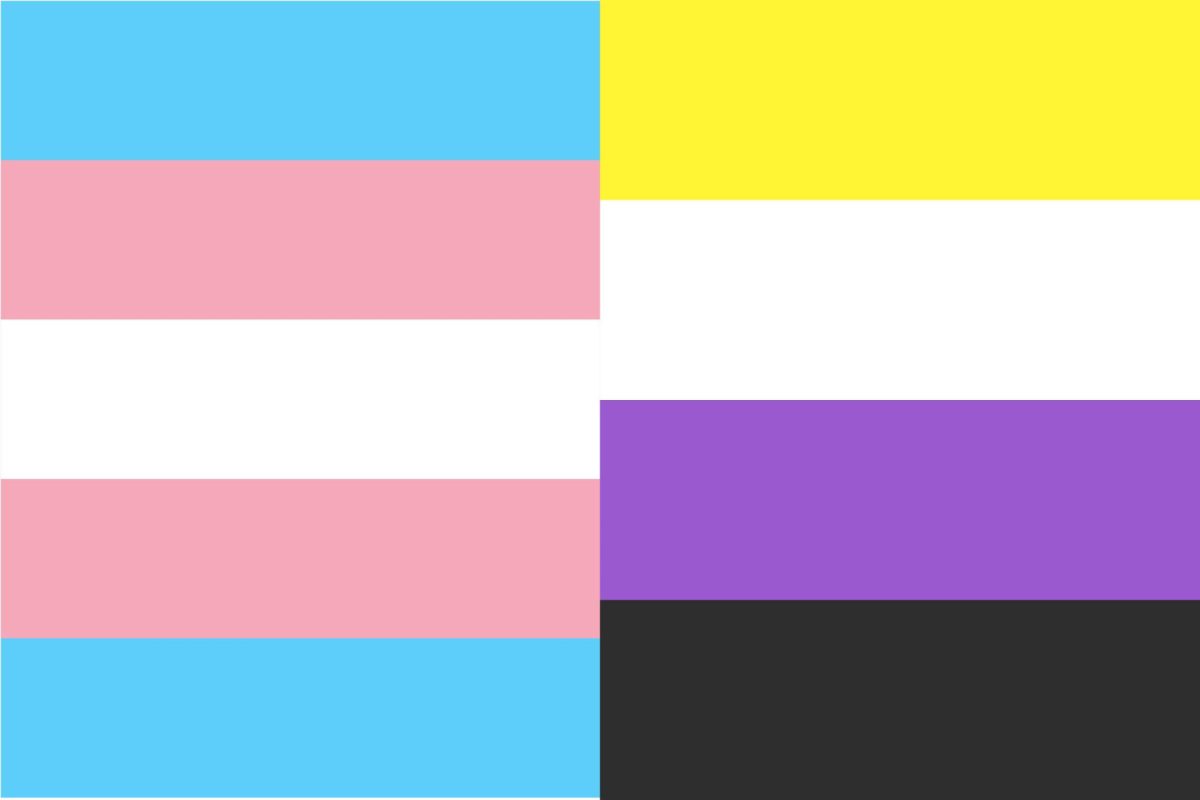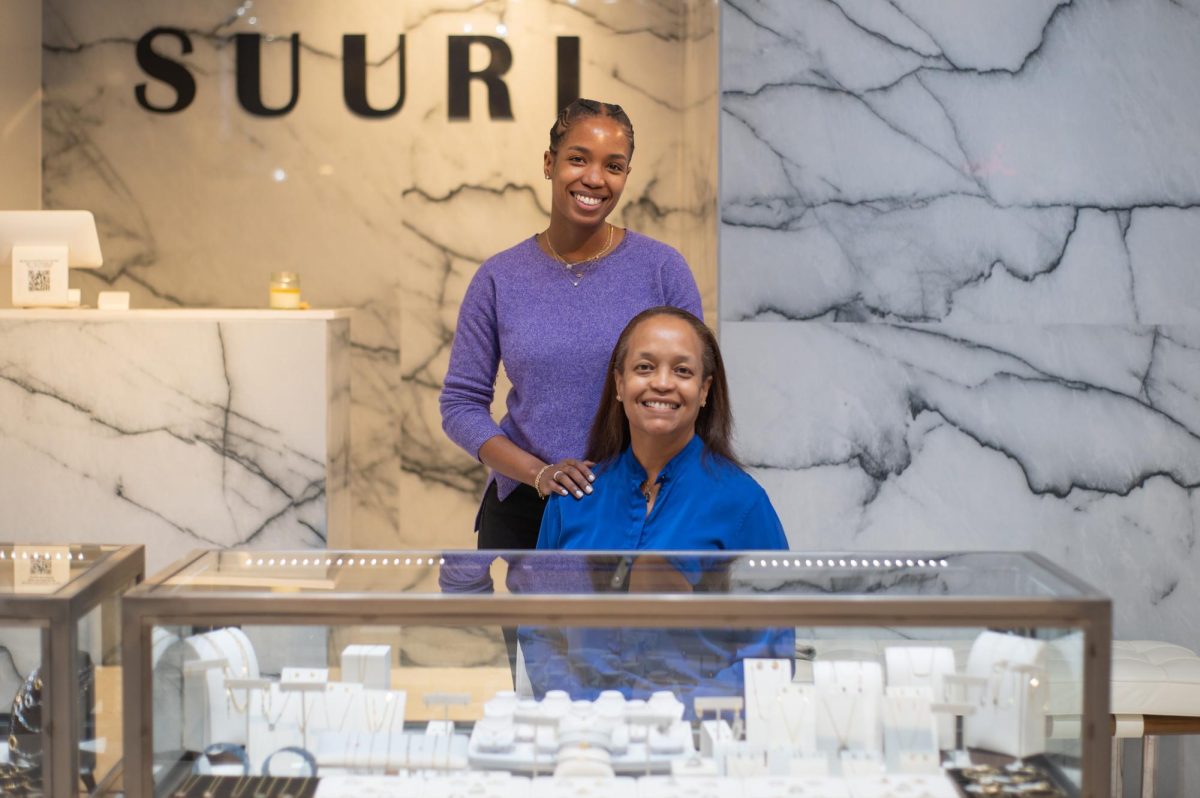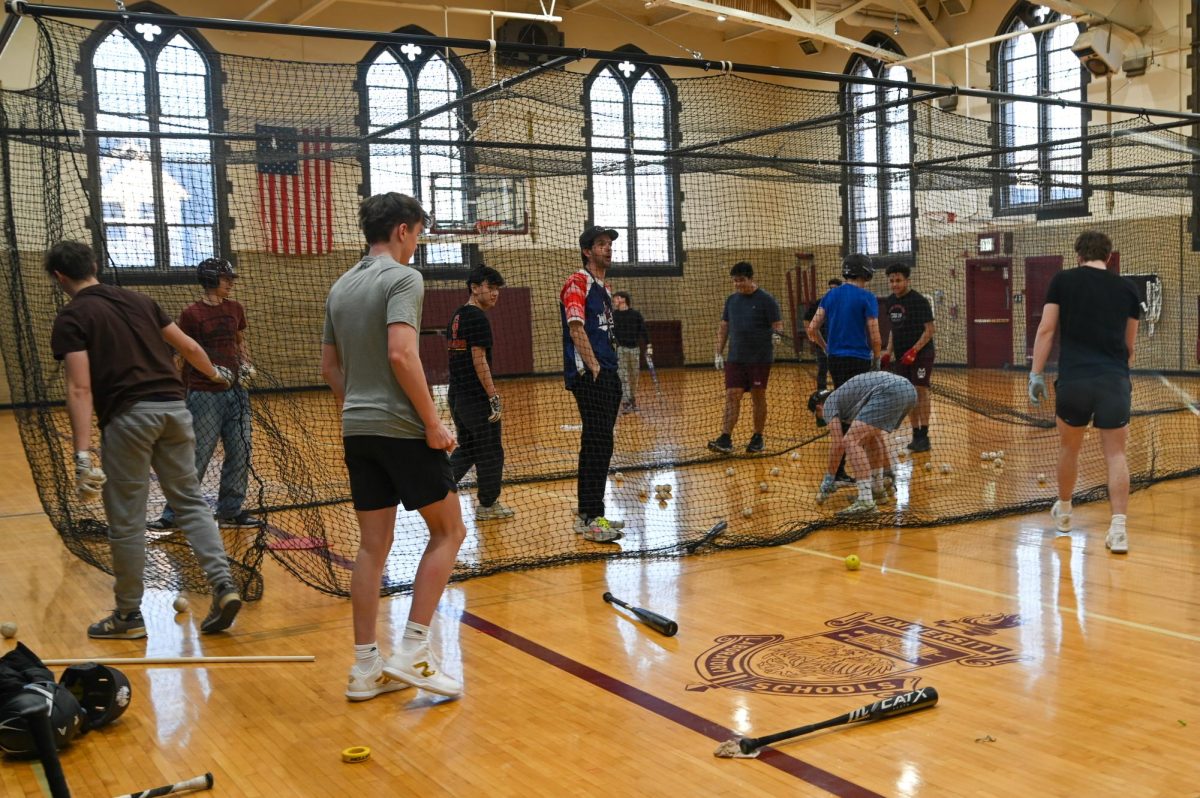ARI NOVAK: When talking about independence for teenagers, the first things to come to mind are usually financial independence: getting your first job and receiving your first paycheck, or getting your driver’s license and having the freedom to travel wherever you want. But for some teenagers, finding independence is a far more personal process: claiming your identity on your own terms.
VAL LAURENCE: “And, I mean, it’s definitely, this is definitely a step towards me taking more control of my life.”
ARI NOVAK: Meet Valkyrie Laurence, who goes by Val. Val’s journey to find personal independence has looked a little different. She has been grappling with her gender identity since the beginning of the coronavirus pandemic when her middle school switched to online classes, and she took to some online communities to start exploring her gender identity. Now a sophomore in high school, she came out as transgender publicly during the summer of 2024.
VAL LAURENCE: “The biggest leap of independence is the independence from my past self, in a way. In that I, you know, sort of was shackled to this identity and this, this self that I was not entirely comfortable with and that I didn’t feel like was me. And that I have gained some level of independence from that. And, you know, I guess in a way it does feel like I have thrown off some sort of shackles that I have.”
ARI NOVAK: Val is not the only teenager navigating this terrain. According to the William’s Institute, there were roughly 150,000 transgender youths between the ages 13 to 17 in the United States in the year 2020. Compare this number to the almost 2 million lesbian, gay and bisexual youths estimated in 2020, and you realize that this number is not that large.
Yet teenagers within this smaller statistic face large social pressures. The Trevor Project website reports that nearly 1 in 5 transgender youths have attempted suicide and that 60% of LGBTQ+ youth who wanted mental health care in 2021 were not able to receive it.
VAL LAURENCE: Specifically for being transgender, I feel like there’s a taboo around, um, Again, it’s all revolving around, I mean, how complicated it is, the whole, the idea of changing this fundamental aspect about yourself.
It is an independent move in that it’s independence from, you know, what, what, what society believed me as and what I was told that I was.
ARI NOVAK: Now meet Clara Golley, who identifies as nonbinary. For them, gaining independence came from building a stronger sense of self in an age where the nonbinary identity is frequently misunderstood and underrepresented in popular media.
CLARA GOLLEY: I’ve always felt sort of independent because there’s not a lot of, like, role models that I could look up to in terms of, like, nonbinary people. Yeah. So I had to, like, kind of, be self-assured in that and, um, and though it was, like, confusing at first, I think I was always, like, pretty sure of myself and in this regard.
CLARA GOLLEY: When my, you know, parents and stuff when they knew that was amazing. But the best part was just like knowing that myself. And kind of just that knowledge did make me feel a lot better that there’s word and stuff.
ARI NOVAK: Clara has always been confident in their identity, but self-discovery isn’t always a clear-cut path for LGBTQ+ youth. Clara mentioned the feeling that there is always someone out there who will try to stereotype or invalidate other’s identities.
CLARA GOLLEY: There are just, different perceptions of your life pushed at you all the time. And, um, it, from all of that, it’s really hard to find out who you really are, for yourself.
ARI NOVAK: For Val and Clara, independence comes in the form of asserting their identities in environments that frequently impose rigid norms. It’s not that they became someone new. They are standing firm and asserting who they are and always have been.
VAL LAURENCE: Because it’s, I’m not a different self now. It’s, what is different is one aspect of myself. And that, there are definitely some ways in which I still feel, Um, in which even, you know, specifically the gender, uh, and the, you know, the biological sex that I’ve been given are still not where I want them to be.
CLARA GOLLEY: Well, I guess society has a lot to do with everything. I mean, it definitely played a role in that taking me so long to realize that like, I’m nonbinary.
There’s a lot of it where I have to be very assured in who I am.
ARI NOVAK: Although Val and Clara may get their driver’s licenses or first paychecks in time, right now independence is about defining their identities and remaining true to themselves despite what others think.
This is Ari Novak, signing off.

























































Stephanie Mitzenmacher • Nov 20, 2024 at 10:12 am
What a gift to be able to fully express yourself in the world! Thank you for sharing these stories.